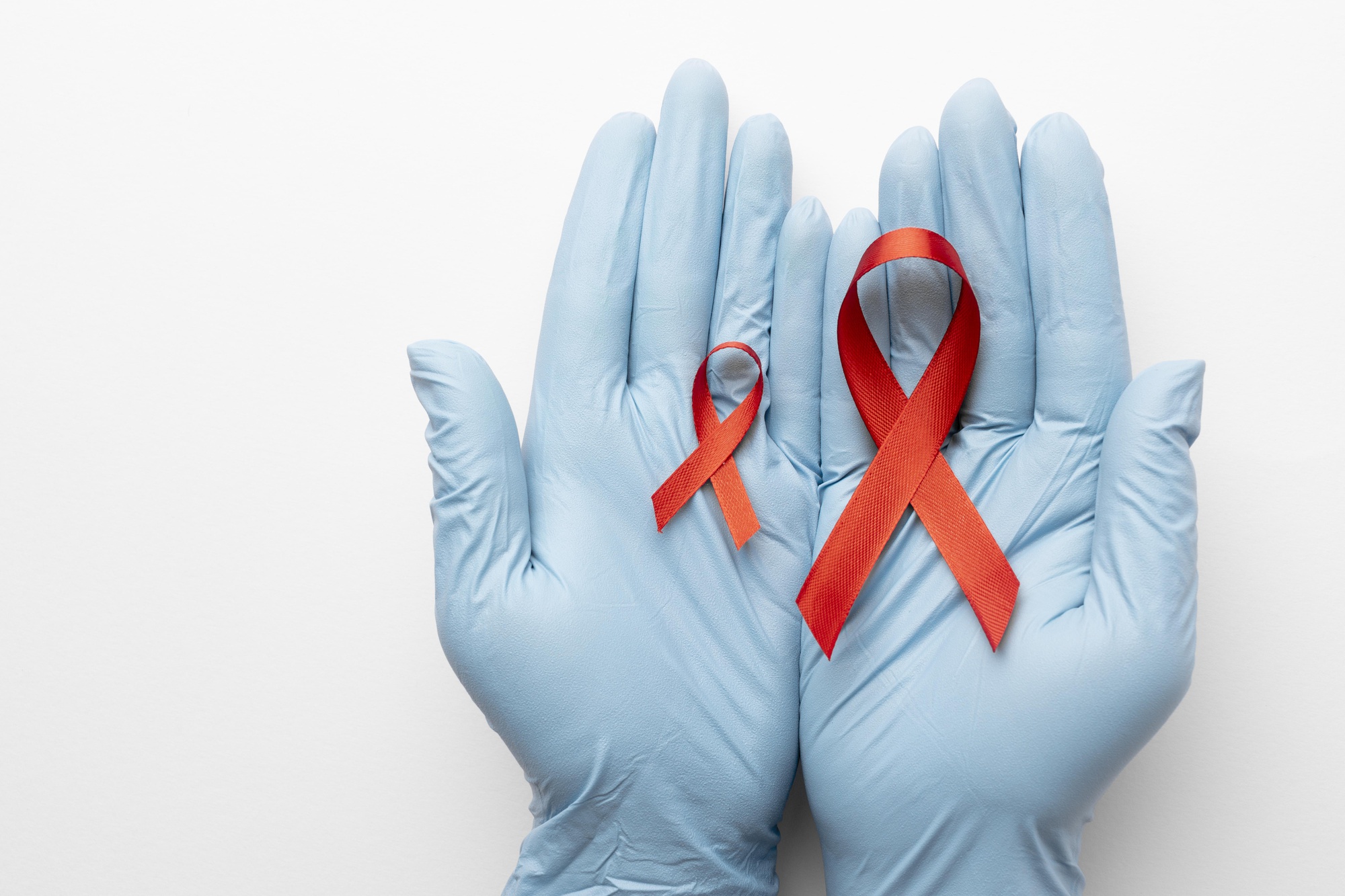Stigma can be a silent killer when it comes to men’s health, particularly regarding hormone health. Many men shy away from addressing issues like testosterone levels due to embarrassment or outdated misconceptions. However, it’s time to break down those barriers and shine a light on testosterone — a vital hormone that influences not just muscle mass or sex drive, but energy, mood, cognition, and even heart health.
Testosterone levels decline naturally as men age, but low testosterone (Low T) is often overlooked, with many men avoiding hormone testing. Unfortunately, this can lead to a host of health problems, both physical and psychological. For those living in Florida, addressing these issues and understanding the importance of testosterone testing is crucial to improving your quality of life.
Why Testosterone Testing Matters for Men’s Health
Testosterone is commonly referred to as the “male hormone,” but its role goes far beyond just sexual function. Testosterone plays a key role in maintaining muscle mass, red blood cell production, and regulating mood and motivation. When testosterone levels drop too low, men can face a wide range of health issues.
Research reveals that low testosterone is more common than people realize, affecting around 38% of men over the age of 45. Alarmingly, only about 5-10% of these men actually receive treatment.
Why the delay? For years, hormone health has not been part of routine checkups for most men. Symptoms are often attributed to “just getting older,” and men are hesitant to seek help for what they perceive as a private issue. However, ignoring testosterone levels can have serious consequences, especially when it comes to cardiovascular health and metabolic conditions. Studies show that men with low testosterone levels are at a higher risk for cardiovascular disease, type 2 diabetes, and even premature death.
A 2024 meta-analysis published in Annals of Internal Medicine found that men with low testosterone had higher all-cause mortality rates, with particularly low levels correlating to a higher risk of heart-related deaths. This makes it clear that monitoring testosterone levels isn’t just about improving your energy or mood — it could also play a role in extending your lifespan.
Breaking the Stigma Around Men’s Hormone Health
For too long, men have been conditioned to view discussing hormone health — particularly testosterone — as a sign of weakness. There’s a long-standing stigma that addressing low testosterone is somehow emasculating. This outdated mentality prevents many men from seeking the help they need, even though low testosterone is a legitimate medical condition and not a reflection of one’s masculinity.
It’s time to change that narrative. We don’t shame men for having high cholesterol or low vitamin D, and testosterone should be treated no differently. Educating ourselves and others is the first step to breaking the stigma. Testosterone naturally declines as men age, and by the age of 80, over half of men will have testosterone levels in the low range. This is a natural biological process, not a personal flaw.
Moreover, lifestyle factors like chronic stress, poor sleep, excess weight, and exposure to certain chemicals can also contribute to low testosterone levels. Understanding this, men should feel empowered — not ashamed — to get tested and seek solutions for hormone imbalances.
Signs of Low Testosterone (And Why Early Detection Matters)
Low testosterone doesn’t always manifest in obvious ways, and the symptoms can overlap with other conditions. For instance, some common signs of low testosterone to watch for include:
- Low sex drive and erectile dysfunction: A drop in libido, trouble maintaining an erection, or decreased sexual satisfaction. Since testosterone is key to sexual function, this is one of the most common symptoms.
- Chronic fatigue: Feeling tired all the time, even after rest. Reduced energy and endurance are often linked to low testosterone.
- Mood changes: Low T can cause irritability, increased anxiety, and even depression.
- Cognitive fog: Difficulty concentrating or memory problems. Testosterone plays a role in mental clarity, and its decline can result in mental fatigue.
- Muscle loss and weight gain: Difficulty maintaining or building muscle despite exercise, along with an increase in body fat, especially around the abdomen.
If you’re experiencing several of these symptoms, it’s important to consult with a healthcare provider about checking your testosterone levels. Early detection matters because untreated low T can lead to long-term health issues like osteoporosis (weakened bones), metabolic problems, and type 2 diabetes. Addressing low testosterone early allows you to make lifestyle changes or receive testosterone replacement therapy, which can improve your health and quality of life.
When Is the Best Time to Check Your Hormone Levels?
Testosterone levels naturally fluctuate throughout the day, peaking in the early morning hours and gradually declining as the day goes on. For this reason, doctors recommend checking testosterone levels early in the morning, between 7-10 AM, when your levels are highest. Testing at this time gives the most accurate reading of your baseline testosterone levels.
Men over the age of 40 or those experiencing symptoms should consider a baseline testosterone test. It’s a simple blood test that can provide valuable insight into your health and allow for early intervention if necessary.
How Do I Know if I Need Testosterone?
If you’re experiencing symptoms of low testosterone, the next step is to get a blood test. The test will measure your total testosterone levels. If your levels are below the normal range (typically under 300 ng/dL), and you’re also experiencing symptoms, this confirms testosterone deficiency.
At this point, you can discuss treatment options with your healthcare provider. Testosterone replacement therapy can often help men feel more energized, improve mood, and regain a sense of vitality.
Take Action: Prioritize Your Hormone Health
Breaking the stigma around testosterone is crucial for proactive health management. If you’ve been hesitant to get your hormone levels checked, consider this your sign to take action. A simple blood test can reveal issues that may have been affecting your well-being for years. There’s no shame in wanting to feel your best — it’s an act of self-care and responsibility to yourself and your loved ones.
If you’re in Florida and haven’t yet discussed hormone health with your doctor, take the step to prioritize your well-being. Seek out a healthcare provider who understands these issues and who can guide you toward the best possible treatments. It’s time to normalize the conversation and make testosterone testing as routine as any other health checkup.
Remember, a healthy man is one who takes charge of his health, both mental and physical. Whether you’re dealing with low testosterone or simply want to ensure you’re in the best shape possible, get tested and take control of your future.



